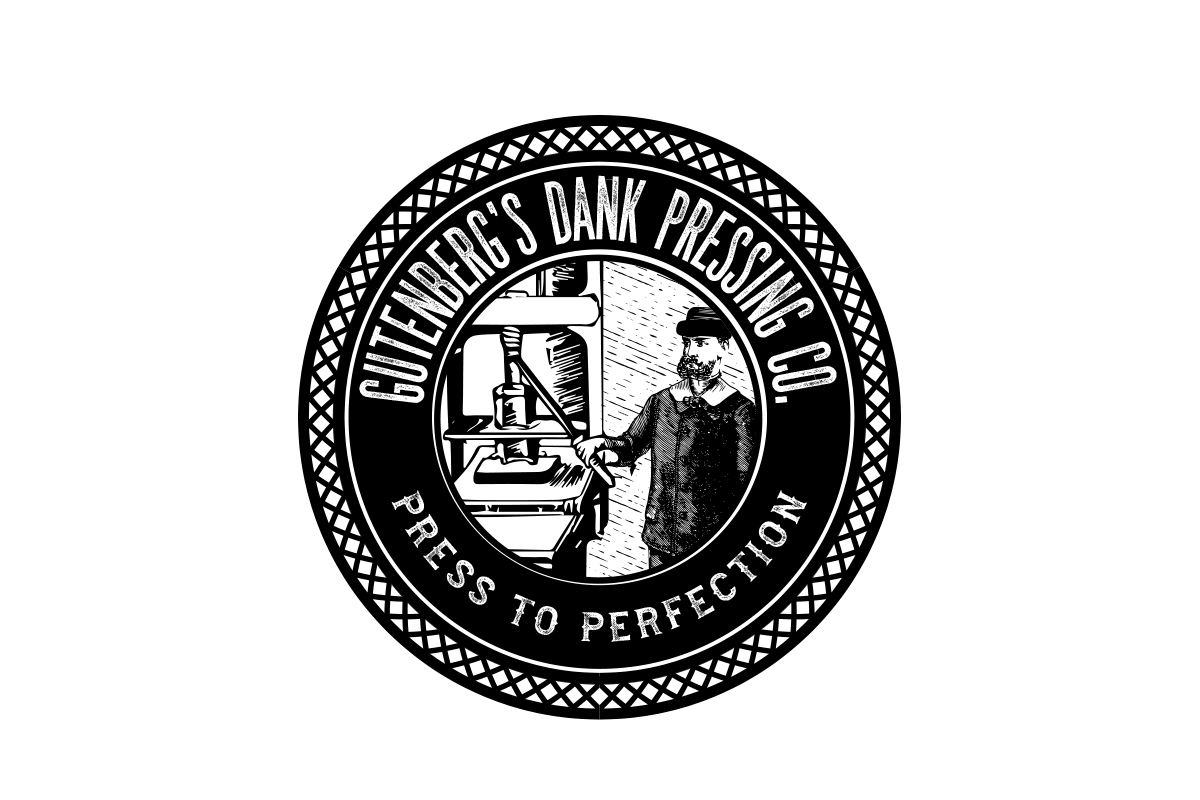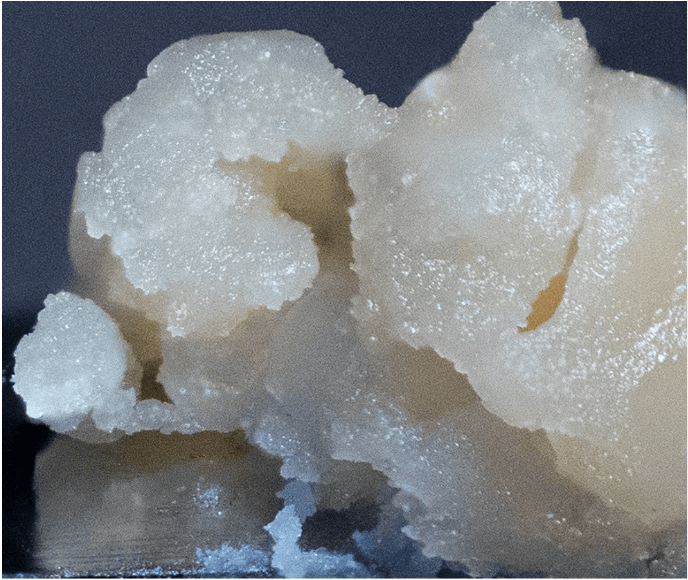Table of Contents
Rosin Curing: Tips, Tricks, and Terps
From the Experts
Solventless concentrates are taking over the game. The high-quality, terp-filled product that is rosin is being enjoyed by cannabis users across the globe. Many have turned to rosin because of the quality, but also because they can make their own meds at home (with the right setup). Making rosin includes using rosin bags to hold your starting material (flower or hash) then using a rosin press to apply heat and pressure to the starting material. The bags will hold in unwanted plant matter and terp-filled cannabinoids will ‘squish’ out.
What happens next is called “rosin curing” and this is the process of introducing time, light, oxygen, temperature differences, and agitation to the product. Doing this can yield some incredible results. How you go about it can result in a variety of consistencies and terp profiles. Experimenting with different techniques is the best way to find your preferred consistency. Maybe you enjoy rosin budder or the terp-filled rosin diamonds/sauce. Some techniques include ‘whipping’ the rosin post-press, or going with ‘jar-tech’. Jar-tech is when the rosin is collected directly from the press off the parchment paper and into a jar.
Next, the rosin can be either ‘cold-cured’ which involves the use of lower temperatures, or ‘hot-cured’ which uses higher temperatures. There are many different ways to hot and cold cure. The rosin could cure in the oven at a variety of temperatures or in the fridge, the freezer, or even room temperature. How you cure your rosin is entirely up to you and may take some experimentation to perfect the art.

We have asked some expert rosin makers to comment on their preferred rosin curing technique and how they make the magic happen. Here is what they had to say:
Evergreen Extracts Co

We asked Tucker and Jared from Evergreen Extracts Co in Colorado to go into a bit of detail behind their post-press processing rosin curing. Evergreen uses 25u bags to press their glorious hash rosin. After a fresh press, they prefer using a technique called “taffy tech pearls”. They use their hands to “work air into the rosin and lighten it up”.This gives the product a consistency that Evergreen says is easier to handle for dabbing.
Philly Grown Solventless

Our hometown hero, Philly Grown Solventless, presses some of the nicest flower rosin we have come across in the great city of Philadelphia. He explained to us how his decision on rosin curing, or even to press, is “completely strain dependent”. He has found more dense flower to be preferred for pressing to light, airy flower, because of yield and flavor.
Philly Grown has found more flavorful and/or fruity starting material to press into a “sap or sugar like consistency”. He enjoys cold-curing these sap-like runs by collecting the rosin from the parchment, using an ice-pack if necessary to help collection. With the rosin in a jar, it is then refrigerated for a day or two. Stability is the goal here.
With more stable rosin, Philly Grown Solventless prefers to use a hot-cure by collecting the rosin into a jar (jar-tech) then placing it in the oven at “180℉ until you reach the desired consistency”. Using the hot-cure tech can release a different terpene profile that what was originally pressed or if it was cold-cured.
Select Pheno

Kevin from Select Pheno is a fan of the cold-cure tech and has broken down some of his process for us. Post-press the rosin needs to be collected into an airtight jar. He explains this is important for “curing and terpene preservation”. Once collected and sealed up, Kevin keeps his rosin stored at temperatures between 60℉ and 78℉. Take note that “the colder you cure at, the longer it takes to finish curing”.
Checking the consistency through the jar without opening it every day is how Select Pheno ultimately decides when the curing process is finished. He looks to see if the rosin has “waxed/buddered up with some nice oily looking terps separated”. Next he uses a dab tool to whip the rosin into a smooth consistency perfect for dabbing and getting max flavor. Be wary of a sore wrist from the whipping! He ensures this is a great method when it comes to rosin curing.
The Wrap-Up
Each of our rosin experts have given well-studied insights to their own rosin curing processes. As you can tell, rosin curing is a very personalized process that takes a lot of experimentation to get exactly where you want it. And even then the process can vary depending on the strain used.
Thinking of the end user and their dabbing experience is one of many things to consider when choosing how you wish to cure your rosin. Easy to handle product so there is less waste can be important to the patient. Visible terpene separation usually means big flavor, and what patient doesn’t want big flavor! When developing your own rosin curing techniques, take time to experiment and note the changes and precise timing/temperatures used. Happy dabbing!



